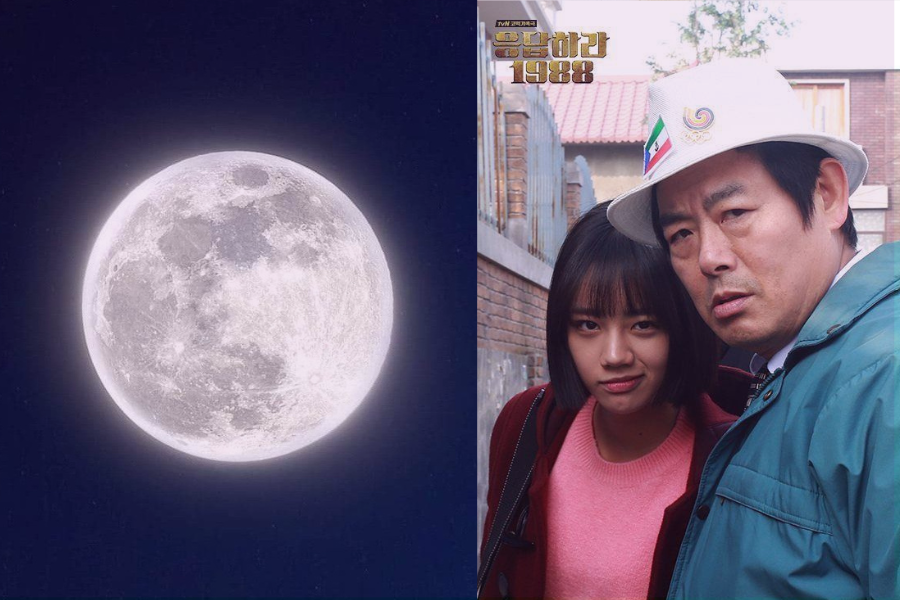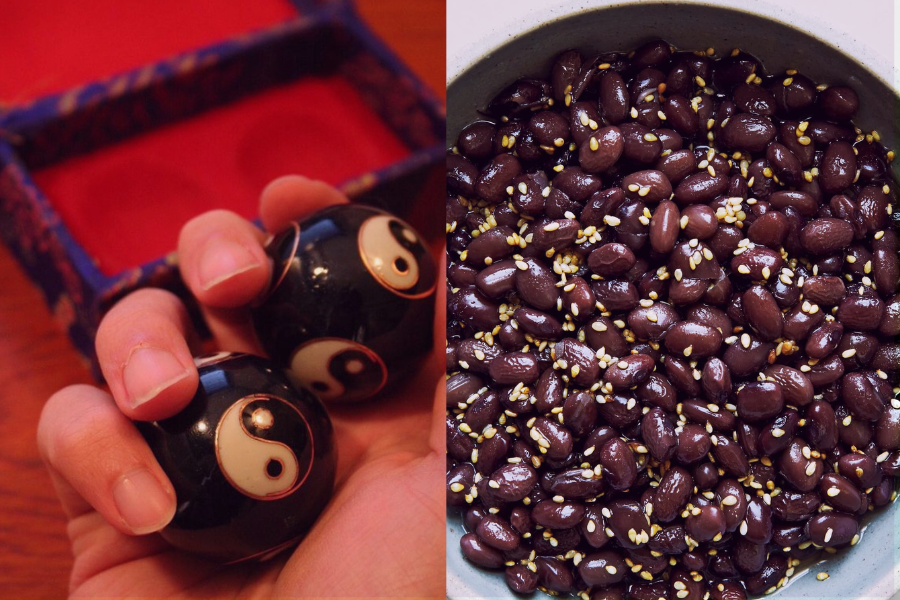Confusing Korean Words: When One Sound Changes Everything
- byT.Sapphire 💙
- 4 months ago
- 0 Comments
- 3mins

If you’re studying Korean, then you’ve probably already noticed that it can humble the heck out of you quickly. You might be trying to say “I love you,” and you end up saying “I person you” instead. Ridiculously funny, right?
Let me tell you, sometimes mixing up just one syllable in a word in most languages can mean another thing entirely, and the Korean language is not left out.
Let’s look at some of the trickiest pairs of Korean words that sound similar and confuse learners just by a syllable.
사람 (saram - person) vs 사랑 (sarang - love)

This is the first pitfall that all learners stumble into. Imagine you want to scream out “I love you” (Saranghea) but you loudly yell, “Person dog.” (Saramghea. That is the type of embarrassment I call a “recalling embarrassment” because each time you remember that moment, you are embarrassed afresh. However, for Sarang, make sure you are calling the extra “ng” at the end of it so you don’t mess up.
신발 (sinbal - shoes) vs 씨발 (ssibal - f***)

This is one dangerous, especially due to the fact that you already learnt 씨발 (ssibal - f***) from K-dramas. Say you’re at a Korean store, pointing confidently at sneakers and saying please give me shoes, but you mess up the pronunciation and it comes out as 신발 (sinbal - shoes). Congratulations, you just swore at the poor shopkeeper. Shoes and swears are only one breath away in Korean, so be sure to double-check the pronunciation in your head before you speak it out.
달 (dal - moon) vs 딸 (ttal - daughter)

If you mix these up, you might just be telling people you have a moon instead of a daughter, and guess what people will think? You already know how that will play out, especially in a K-Drama.
The difference here lies in the consonant strength. 달 is soft, while 딸 has that strong double consonant of "tt." So, if you are practicing, overplay the "tt" in 딸 until your tongue figures it out.
팔 (pal - arm) vs 발 (bal - foot)

This one is the body part mistake. You tell your Korean trainer your 팔 (arm) hurts, and instead say 발 (foot), and now he is massaging the wrong body part. These two words are basically twins. They are both short and both simple, but they are very differently positioned on your body. Just remember: “pal” = higher up, “bal” = down below.
공 (gong – ball) vs 콩 (kong – bean)

You want to play some soccer, so you ask for a “콩,” and your Korean friend gives you beans instead of a ball. Okay, yes, both are round, but good luck kicking beans around the field (lol). The trick is in the first consonant. “G” in 공 is soft, but “K” in 콩 is hitting a little harder.
So that's it, 5 sets of words that show how Korean can be a bit of a tongue twister game.
Before the next class, make sure you practice your pronunciation, focus on those double consonants, and have fun.
Class is over!
T.Sapphire 💙
T. sapphire is a writer who found her love for the Hallyu wave after watching the historical drama “Jumong.” She is mainly interested in Korean dramas and the history of Korea at large. Explore her pieces as she takes you on a journey through K-Drama recommendations and keeps you informed about the history of the Korean people.
0 Comment(s)
Related Posts
Daily Newsletter
Get all the top stories from Blogs to keep track.





Leave a comment